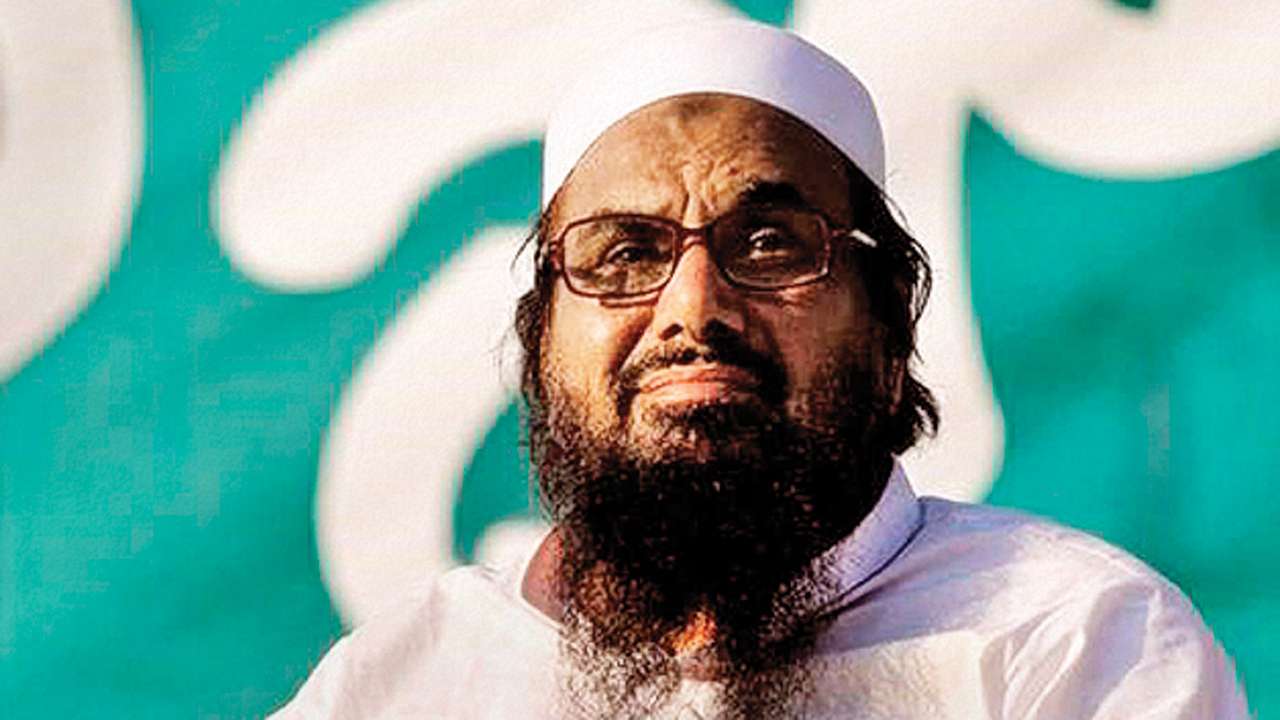Fearing indiscretion, Pakistan denies UN team visa to question Hafiz Saeed

Hafiz Saeed Hafiz Saeed
The Pakistan consulate in New York rejected a United Nations team's request for a visa to interview Hafiz Saeed over his proposal to remove his name from list of UN recognized terrorists. In doing so, the Islamic nation exposed its duplicity to the international community on sponsoring terrorism. The founder of Pakistan-based terrorist outfit Jamaat-ud-Dawa is accepted as the mastermind behind the 26/11 Mumbai terror attacks.
One one hand, the country's Prime Minister, Imran Khan, has repeatedly said that he will not allow anyone to use Pakistan's soil to cultivate terrorism and also banned JuD; but on the other, sources say he fears Saeed could boast to the UN team about terror acts he has executed.
After the denial of visa, the UN rejected Saeed's appeal to remove his name from its list of banned terrorists. The decision also came after India provided detailed evidence, including "highly confidential information" about his activities. Saeed's request was also opposed by countries that had originally listed him: the US, UK and France, sources said.
Sources say Pakistan has rejected the visa as they fear Saeed would let slip incriminating evidence against the government and its support to various terror organisations operating from its soil. "It could be very damaging for Pakistan as Saeed is a self-proclaimed terrorist and carries out attacks with the help of Pakistan's Inter-Services Intelligence," said one source.
Independent Ombudsperson Daniel Kipfer Fasciati, appointed by the UN to examine all such requests, informed Saeed's lawyer that he will "continue as a listed individual". He said, "there was sufficient information to provide a reasonable and credible basis for continuing the listing", and the recommendation was endorsed by the UN Sanctions Committee.
Pakistan authorities said that they have neither seen the report by the Ombudsperson nor do they know of its findings since it is a confidential document. "We will respond to it as and when it is made available to us," Pakistan's government stated.
"Every listed individual or entity is legally entitled to submit de-listing requests directly to the UN Ombudsperson," the government further pointed.
Saeed, who is also the founder of banned terror group Lashkar-e-Taiba (LeT), made a fresh proposal to remove his name from the UNSC 1267 sanctions list, a list of UN-recognized terrorists. The proposed interview was a step, as per norms, before considering deleting his name. The UN team was to carry out an in-person interview to know Saeed's reason for requesting delisting.
Saeed was declared terrorist on December 10, 2008, by the United Nations Security Council after the Mumbai terror attacks in which 166 people were killed. He had filed an appeal with UN through Lahore-based law firm Mirza and Mirza in 2017, while he was still under house arrest in Pakistan, for removal of the ban.